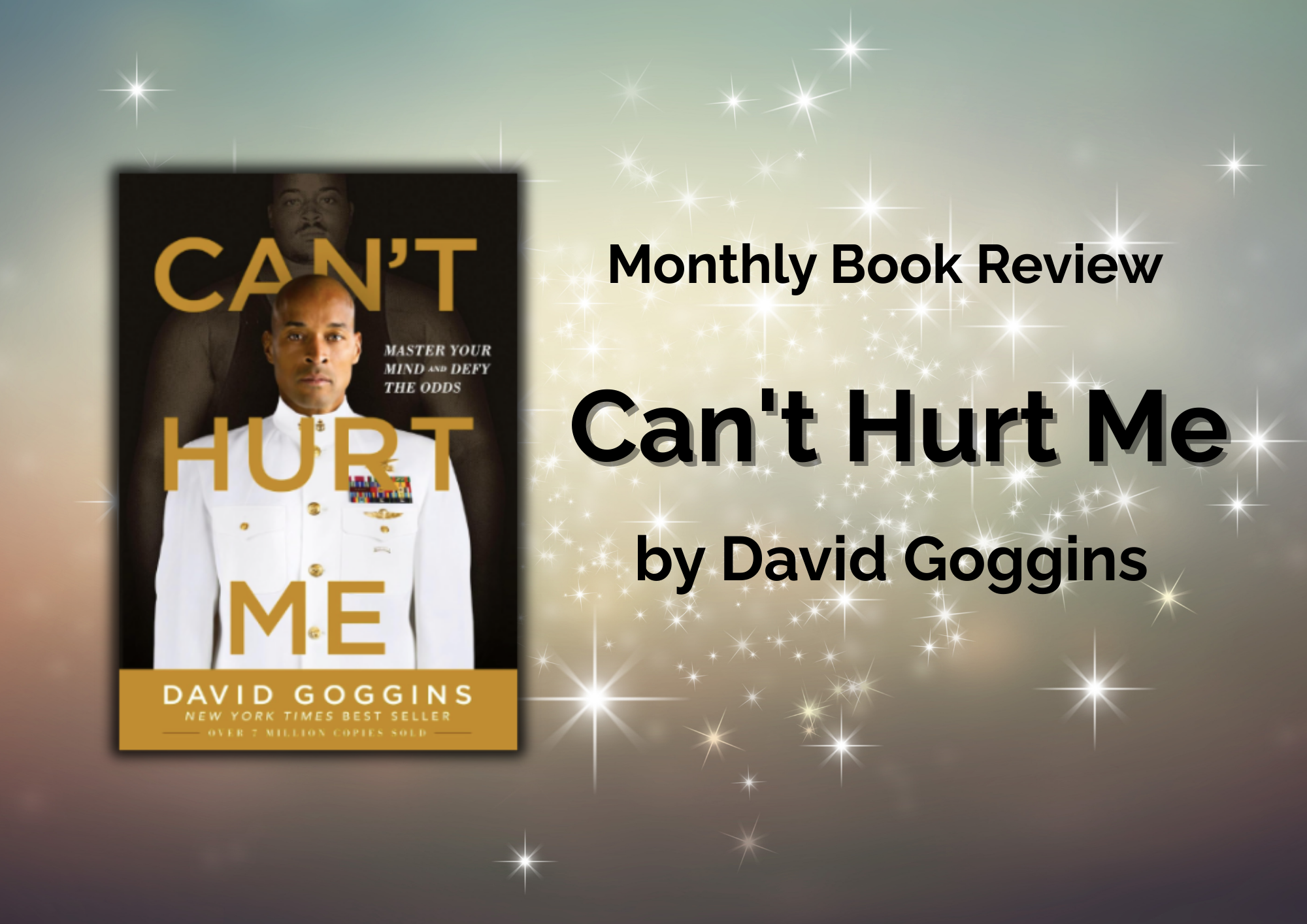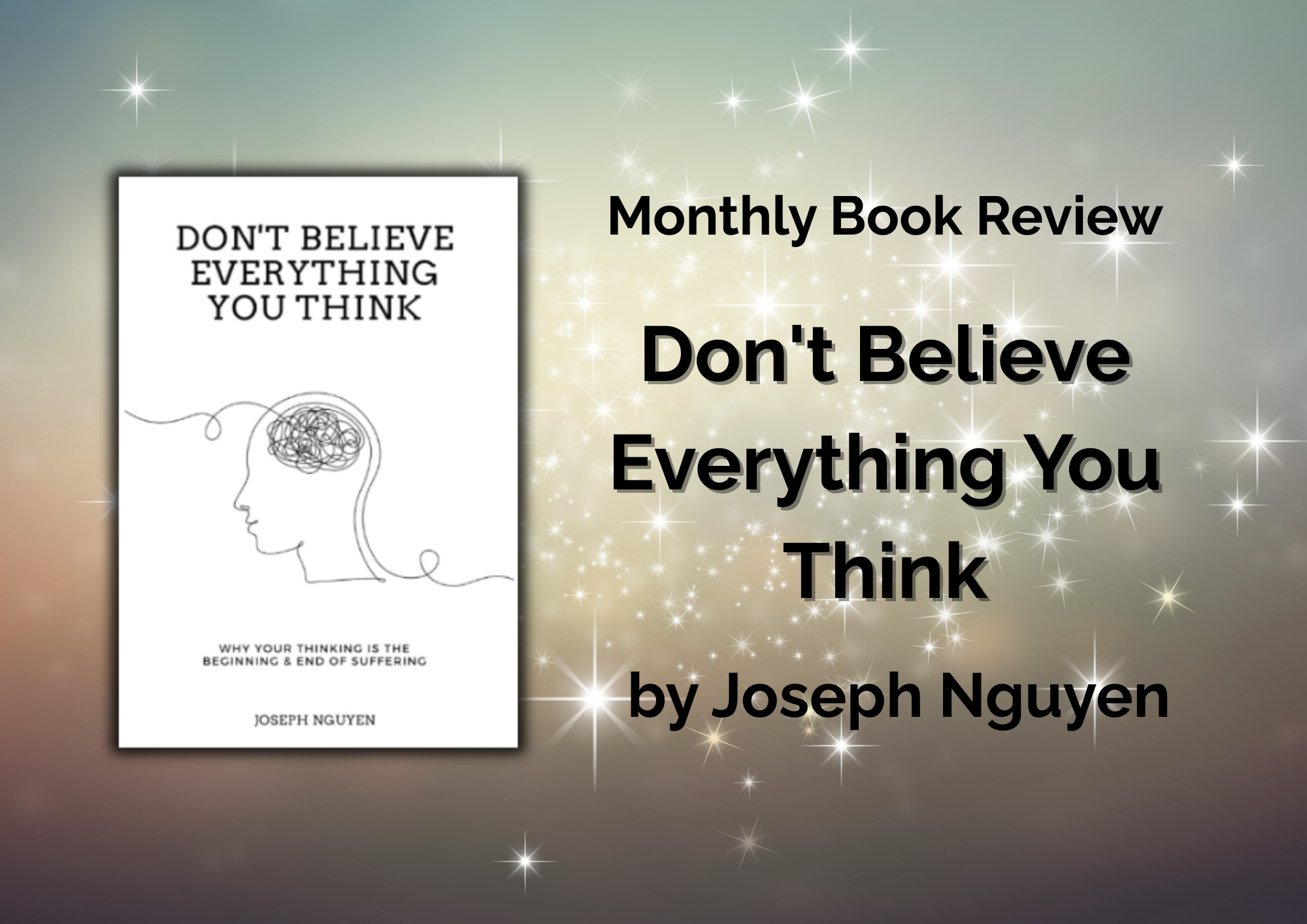Ever feel like your brain just won’t shut up? Like it’s rehearsing worst-case scenarios, reanalysing that one thing you said in a meeting or questioning every decision you’ve made this week?
If so, I want to introduce you to a small but mighty read that quietly rewired my brain: Don’t Believe Everything You Think by Joseph Nguyen.
Out of all the books to stop overthinking I’ve picked up, this one felt the most… peaceful. No complicated strategies. No homework. Just deep, calming insight into why your thoughts are not always telling the truth and how to finally stop giving them so much power.
Quick note: This post contains affiliate links and I may earn a small commission at no extra cost to you. It helps support this blog and allows me to keep creating valuable content and tools for your journey. So thank you!
🧠 Why This Month’s Pick is a Book to Stop Overthinking
As a high achiever, my brain (and probably yours) is always running. It loves a good to-do list. It thrives on planning, pushing and polishing things until they’re perfect. But that same mental motor? It also tends to go into overdrive.
When I first read Don’t Believe Everything You Think, I didn’t expect much. It’s short. Quiet. Not flashy. But within a few pages, I felt my mind start to soften, in the best way.
This is one of the best mindset books I’ve read this year because it doesn’t tell you to do more. It teaches you how to gently unhook from the noisy parts of your mind that make life feel overwhelming.
If you’re craving clarity, calm and a break from your own inner critic, add this to your list of must-read books to stop overthinking.
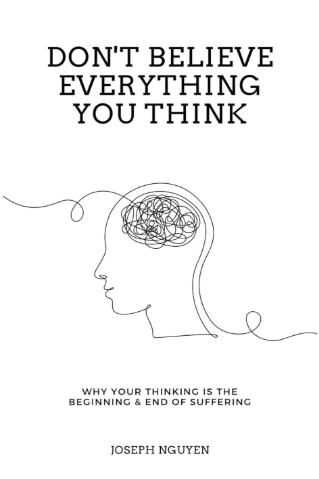
✍️ A Bit About the Author – Joseph Nguyen
Joseph Nguyen writes like someone who has been where you are: stuck in your head, wondering why you’re exhausted even when you’re doing “all the right things.”
He blends spiritual insight with down-to-earth language, so you never feel talked down to or overwhelmed. If you’re open to a more mindful, inner-awareness approach to growth (without it being super “woo”), you’ll love his style.
🧩 What Don’t Believe Everything You Think Is Actually About
Here’s the big idea: You are not your thoughts. And most of your suffering comes from believing the ones that aren’t true.
Nguyen gently unpacks how overthinking, anxiety and emotional pain often come not from the situation itself but from our interpretation of it. The mental stories we latch onto. The invisible pressure we place on ourselves.
What makes this book different from other self-help books for high achievers is its simplicity. You won’t find 50 exercises or 12-step systems. You’ll just find calm, clear truths that stick with you long after you close the book.
💡 My Top 3 Takeaways (AKA What I Keep Coming Back To)
1. You Suffer Because You Believe Your Thoughts
This line hit me hard. We’re not taught to question our thoughts, especially not the self-critical ones. But what if those inner narratives aren’t facts, just habits?
2. Stillness Leads to Clarity
This one was a wake-up call. I often feel like I need to “think my way out” of problems. But this reminded me that solutions often come when I stop chasing them and let stillness do its work.
3. You Are Not Broken
The book repeats this in different ways and it’s something many high achievers need to hear more often. You don’t need to fix yourself. You just need to stop believing the thoughts that tell you you’re not enough.
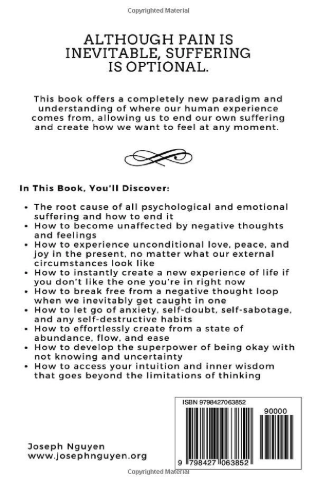
🙋🏻♀️ Why It Resonates with Overthinkers and High Achievers
If your inner dialogue sounds like:
- “What if I fail?”
- “I should be further ahead by now.”
- “I don’t want anyone to realise I don’t know what I’m doing…”
Then this book speaks your language.
It’s one of the best books for imposter syndrome I’ve read, not because it lists ways to boost confidence but because it helps you stop believing the thought that says you’re a fraud in the first place.
For high achievers like you and me, this book doesn’t ask us to abandon ambition. It simply asks: What if you could keep growing without letting your thoughts run the show?
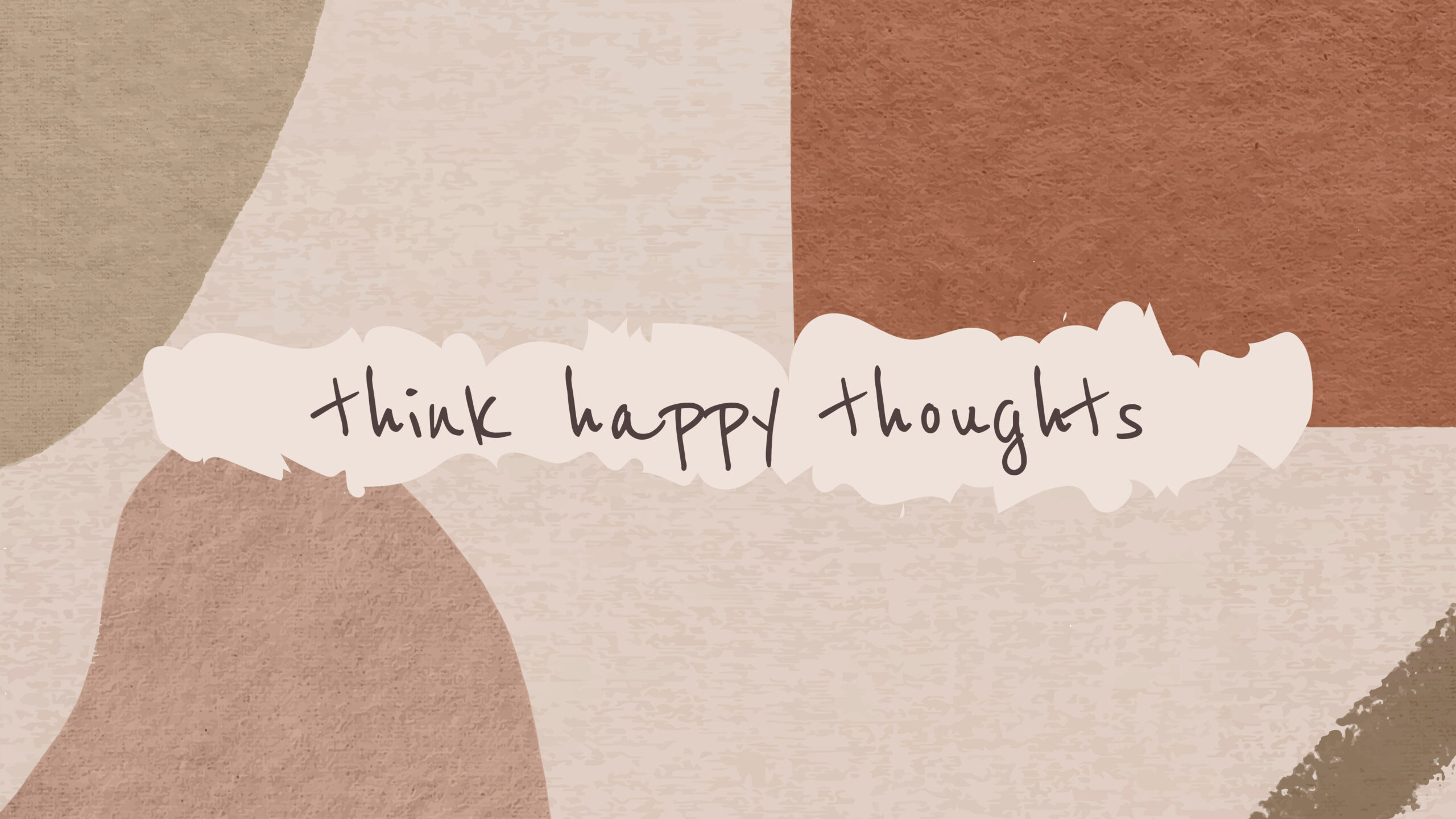
📚 Who This Book Is (and Isn’t) For
✅ Read it if you:
- Overanalyse everything
- Struggle with imposter syndrome or self-doubt
- Want personal growth without pressure
- Like mindset books with a spiritual but grounded tone
⛔️ Maybe skip it if you:
- Need lots of data, science or step-by-step techniques
- Prefer long, detailed chapters with tons of examples
✨ How I Put It Into Practice (You Can Too)
This isn’t just a book I read once and shelved. I started using it like a mindset reset button.
Here’s what that looked like:
- Catching myself mid-overthinking spiral and asking: “Do I have to believe this thought?”
- Carving out 5 quiet minutes a day to breathe, journal or just be
- Creating visual reminders (hello, sticky notes!) with short phrases like “You are not your thoughts.”
Because I know how powerful it is to reflect, I also created a free 1-page journaling worksheet to help you get the most out of the book too (more on that below).
🔁 Final Thoughts
If you’re looking for books to stop overthinking, Don’t Believe Everything You Think is a gem.
Unlike many books to stop overthinking that overwhelm with advice, this one doesn’t shout at you with hype or offer a 30-day mindset bootcamp. Instead, it will quietly walk you back to yourself – the you beneath the thoughts, the pressure and the overthinking loops.
Prefer reading digitally? Don’t Believe Everything You Think is also available on 👉 Kindle and if you’re a 👉 Kindle Unlimited subscriber, you may be able to read it at no extra cost.
Sometimes, the biggest growth comes not from doing more… but from believing less.
📥 Download Your Free Book Reflection Worksheet
Want to take what you read and actually apply it?
I created a beautiful 1-page free journaling worksheet to go with this post which is designed to help you:
- Reflect on key ideas from the book
- Gently question recurring thoughts that aren’t serving you
- Choose one small mindset shift to experiment with this week
Click here to download your free printable worksheet and start unlearning the mental habits that hold you back.
Related Read: Last Month’s Book Review
If you’re looking for a boost of motivation and strategies to push past your limits, you won’t want to miss our last month’s book review: Motivational Books Worth Reading: 4 Powerful Lessons from “Can’t Hurt Me” by David Goggins. Discover the mindset shifts, actionable takeaways and personal stories that make this book a must-read for anyone striving to build resilience, discipline and unstoppable focus.
